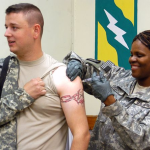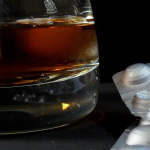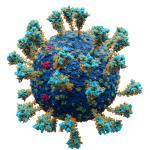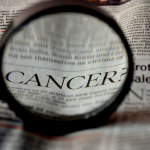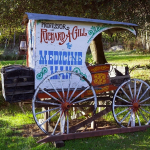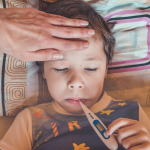In this radio conversation, John Batchelor and I discuss the effectiveness of vaccines and the challenges posed by new variants of SARS-CoV-2 (the virus that causes COVID-19) such as the now-dominant JN.1.
Disease
Childhood lead exposure remains an unresolved issue across the US, particularly from lead paint in older homes. Should we be worried about our health if we live in a house with lead-based paint?
Christina Applegate’s recent appearance at the Emmy’s sparked a moment of empathy and recognition for the more than 2.5 million individuals around the world struggling with multiple sclerosis (MS). This autoimmune disease of the brain and spinal cord has genetic and environmental roots. A new study connects the two and reminds us that we, too, are evolving.
What if improving education, income, and housing could reduce the disparities in healthcare outcomes by half? Identifying needs is proving more difficult than we anticipated.
A retired psychologist attacked an article of mine about deranged Florida Surgeon General Joseph Ladapo's views of public health policies toward the COVID-19 pandemic. His assertions ranged from the preposterous to the merely inaccurate.
This story begins with a simple question: What is the prevalence of substance use disorders in patients surviving cancers? The “substances” in those use disorders can be causes of cancer and, more often, self-treatments for the stress and pain.
U.S. public health officials and the public are underestimating the current threat of the COVID pandemic and failing to take even minimal precautions. We are already seeing the consequences – a surge of cases, hospitalizations, and deaths.
More than a third of patients with cancer report experiencing "moderate-to-severe cancer-related pain;” 40% of these patients experience “breakthrough pain” on their pain regimens. Opioid analgesics remain the mainstay for the treatment of moderate-to-severe cancer-associated pain. There is a new meta-analysis concerning opioid efficacy in this setting.
Buckle up; it's going to be a rough night.
“Let food be thy medicine, let medicine be thee food” – Hippocrates. That ancient wisdom, in an era where our dietary choices impact metabolic disorders, specifically Type II diabetes, has spawned an interest in food-as-medicine programs. A new study suggests that Hippocrates might have been overselling his dictum.
The pandemic has been with us for nearly four years, and while it is down, it is not yet out. Reactions to it varied across the nation, and looking back now to see how we have dealt with it seems appropriate.
Unlike many colleagues, I did not come from a “medical” family. In my formative years, my father sold appliances and later real estate – he was flipping homes long before it became fashionable or lucrative. In any event, I think watching him sell and going for our Saturday outing to an open house gave me a slightly different view of communication with patients. Like those presidential candidates making the rounds in Iowa, medical communication is all about retail sales.
Most respiratory viral diseases, like influenza, take their greatest toll on the ends of the lifespan, the frail elderly, and the not-quite-as-frail infants and toddlers. But COVID was different and had little impact on the mortality of the very young. A new study sheds some light on why.




